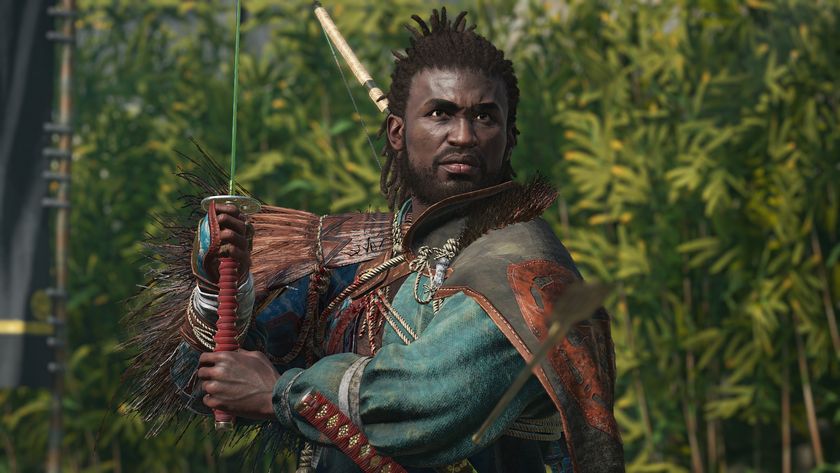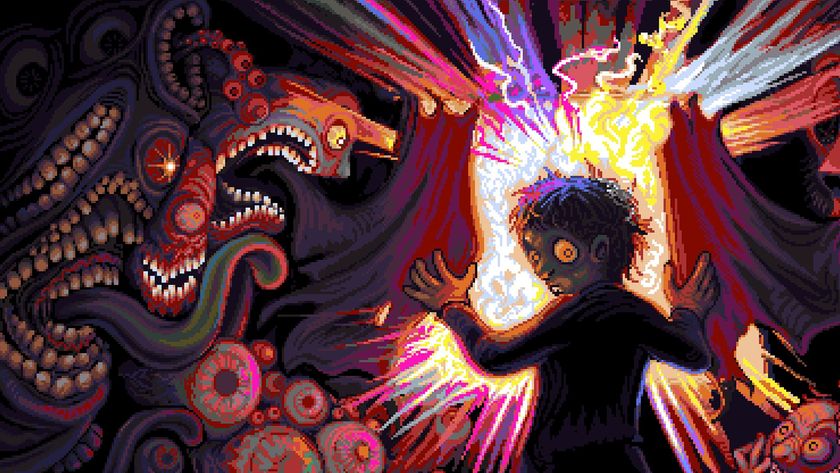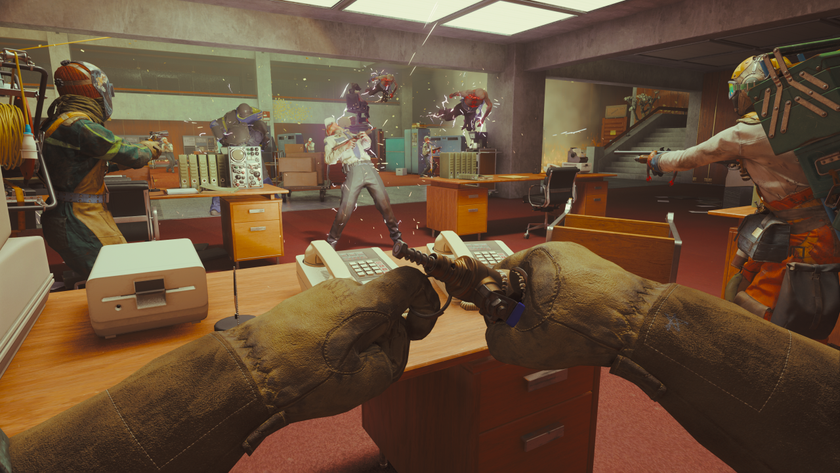Dreamfall Chapters: A stark contrast with cyberpunk
Why Europolis is one of Richard's favourite cities.
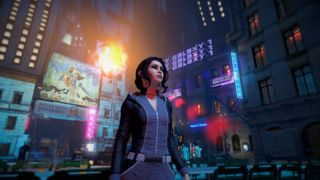
In this column, Richard Cobbett dug into the world of story and writing in games—some old, some new.
"Okay, yes, the flat is awful. The ventilation system rarely works. It's hot. It smells weird. There's no sunlight and people talk funny. But I like the energy. I like the diversity. There are art galleries and cinemas and a thousand million food carts. I had a pierogi for lunch and it was delicious. Sure, there are seedy sex-clubs, illegal dream emporiums and people urinating on the streets. But at least it's genuine urination. Urination with gusto."
The Longest Journey is the story of two worlds; our own of science, Stark, and the land of Arcadia where magic infuses everything. On the surface, it's a fairly stock premise; fiction is full of tales of people slipping from mundane reality to something more interesting, usually finding solutions to their real-world problems while there and returning a better, more enlightened person. Think of The Neverending Story, The Silver Chair, or of course the most beloved example, the novelisation of Castlevania 2. It's a classic set-up, allowing for the fantasy to be witnessed from our perspective, and ground what happens there in more realistic fears like bullying and loss.
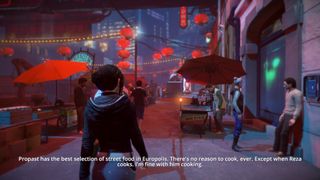
What makes this take slightly different though is that 'our' world isn't the modern one, but the 23rd century—a place of megacorporations and towering cities of glass and light, corrupt police, and economic unfairness. In Dreamfall Chapters, set in a city called Europolis, the omnipresent darkness is so bad that one company has jazzed up the middle of heroine Zoe Castillo's home plaza by building an artificial sun—though one with the friendly warning "Original Consumer Goods would like to remind you not to stare directly at our sun, as it may cause blindness and tumours."
I've always found Stark a much more interesting place than Arcadia, which is a bit odd since I usually find cyberpunk settings hard to take seriously. They're rarely worlds where you can imagine people actually living, and by living I don't mean hanging around in alleys or hunting robots in the torrential rain.
Stark, despite on the surface being very similar to most of them, especially in the dodgier bits, has a very distinct flavour of its own. It's hands-down one of my favourite cyberpunk-style universes, largely because it feels like it was designed by architects to be a place people live, rather than existing purely to push a dark, oppressive menace.
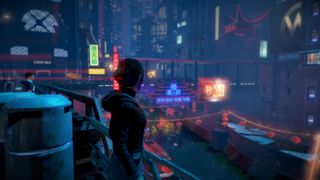
What makes it different is perspective, both on the creative side, and the viewpoint that we get on it. The Longest Journey notably introduced Stark through the eyes of two artists—its main character, April Ryan, as an art student, and the series' creator Ragnar Tørnquist, patterning her district of Venice (our first impression of this world) on New York's East Village. Look up and you see the cyberpunk city of Newport with all its drugs and hackers and filth. Look around though and what you see are people, working in cafes, squabbling, screwing, fighting for their dreams and everything that you'd see today, only with really filthy canals and the occasional really weird puzzle. It's a dystopia to to be sure, but one where people can hope to live rather than simply exist, that still has time for magic in its own way—represented early on by art and love, and later with the likes of friendship and sacrifice.
Skip forward to Dreamfall Chapters and the world is a distinctly worse place, not least because Dreamfall didn't go particularly well for Team TLJ. Dreams have become the latest drug, the streets are full of junkies, and even those who can hook themselves up are increasingly finding themselves trapped in endless nightmares. Worse, it seems like the most popular show around is the millionth series of Eurotrash, yet not once has Mr. Penguin returned to spread joy to the world, or the Romeo Cleaners turned up to wash away the filth of the streets without their trousers on.
The biggest gaming news, reviews and hardware deals
Keep up to date with the most important stories and the best deals, as picked by the PC Gamer team.
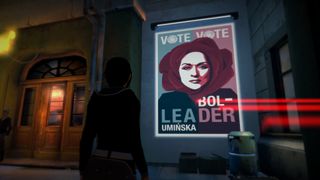
Despite its problems though, and Zoe very clearly still fighting the depression she had at the start of Dreamfall, it's not the problems that really stand out in her district—Propast—but the sense of life. Put bluntly, and unlike most cyberpunk worlds I've seen, just about everything you see is there to reinforce that the people who live here actually give a shit. The main topic of conversation is an upcoming political election, and while it's pointed out that none of them are going to save the world, there's a buzz on the streets as everyone discusses their favourite candidates. There are police checkpoints, but there are also big (peaceful) demonstrations protesting them, instead of everyone just rolling over and accepting that things are what they are. There's no shortage of decay, and at least informed danger when it comes to bad streets and gangsters and the increasing police presence. But there's also excitement, life, and passion, as well as a cultural mix of everyone from punks with holographic mohawks to girls in mass-produced Bingo T-Shirts. It's a place you can imagine people choosing to live, not simply being trapped to await death.
(It's also worth noting that the place is actually populated for once, with crowds of people ambling around instead of coming up with some bullshit justification for why the streets are empty. It's not exactly Hitman: Blood Money's Mardi Gras, but there's more than enough to feel like a living place without NPCs getting in the way. I also appreciate the amount of incidental dialogue, even if I do wish it was mixed up a bit so that you weren't always triggering the same soundbites about "Kaiser" Constantine or whatever while trying to find somewhere with this awful, awful map...)
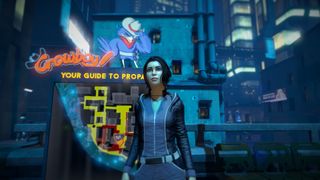
Much like The Longest Journey, one of the most visible and important aspects of this is that the people have art. Zoe's friend Emma is opening up a new gallery in the plaza where she lives. The brewery across the street uses glowing angel imagery. The corporate adverts for Bingo cola and Dream Machines share the visual space with art installations and memorials and now decaying posters for a better Europe that didn't come to pass, but still speak of the foundations of the city being built on optimism rather than pessimism or necessity, and little flourishes of that spirit still existing. It's a place of sensory overload, but one where if you duck down into a corner you'll find a man with a guitar still able to draw a crowd taken from every walk of life with nothing more than a quiet, sad song sung from the heart. It's a place that feels harsh and uncaring, but which still takes time to erect a memorial statue to the victims of the Collapse from the previous game, and where tourists will visit to see the sights—much as Zoe's diary mentions her taking a trip elsewhere before we rejoin her.
It's a beautifully executed world, give or take a certain maze like element and a truly terrible map system, and absolutely believable—very close to Shenmue in approach, albeit on a budget that precludes the same depth and scale. The people wandering around and just sitting and doing things, the heavy use of diegetic music (music that comes from an in-universe source, like a radio or a singer), the light leak effects and animated backgrounds are all splendid. What really sells it though are the details, and in particular Zoe's bursts of genuine enthusiasm in contrast to the moments where she's trying to convince herself that everything is going great—her excitement at being somewhere new, love of the local coffee shop, the food carts that she claims sells the best food in town—presumably not including her boyfriend's cheese soup.
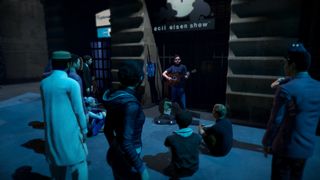
Most notably though, there's the depth of it. While her journey is of course due to take her to other worlds and get caught up in multidimensional conspiracies, her willingness to see a future in Propast makes it feel like a place where futures can be had. There's a point where she talks about moving, but notably only elsewhere in the district. It doesn't, like so many others, feel like a city built for her story, merely the one where her story takes place. Nor does it feel like one where people are inherently trapped. For all the dream junkies on the streets, you see a lot of clearly successful people walking around, and a sense that people care about it for what it is. Even when Zoe brings up the idea of moving, she's only suggesting moving elsewhere in the district, and her stated goal of moving forward isn't stopping her trying to put down roots by making friends and trying to persuade herself that she's political.
"Five reasons I hate Europolis. There's no sun. None. It's always raining. Always. There's no vegetation. No trees, no plants, no grass. None. They claim to speak English but it's littered with slang words like 'mause' and 'bulle'. I don't understand half of what they're saying. Did I mention there's no sun? Fuck this.
But oh, it's fantastic and I love it. Zoe, contradictions, you are full of them!"
She is. And that's mirrored in the city, both the bits she touches and the ones in a skybox and so as untouchable as the surface of the moon. Propast is neither heaven nor hell, utopia nor complete dystopia, but a flawed, fascinating district where a lost soul can just as easily be found as sink into the gutter. That's what makes it such a wonderful piece of design. It's a perfect mirror of both Zoe's depression and her optimism, at least in this opening chapter, but beyond that I can't think of many in-game cities that have so neatly encapsulated everything that one can be in just a few relatively cramped streets. I can't think of any that have quite as neatly understood that it's the people as much as the architecture that make them what they are.
Europolis. It's a small glimpse, but it's already one of my favourite game cities.
Though if there was an achievement for smashing those ****ing street maps, I absolutely guarantee I'd have unlocked it in about five minutes. Grrrr.
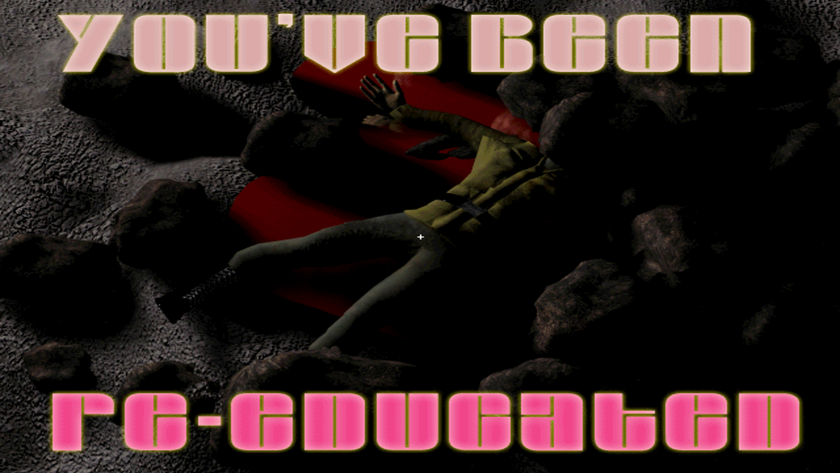
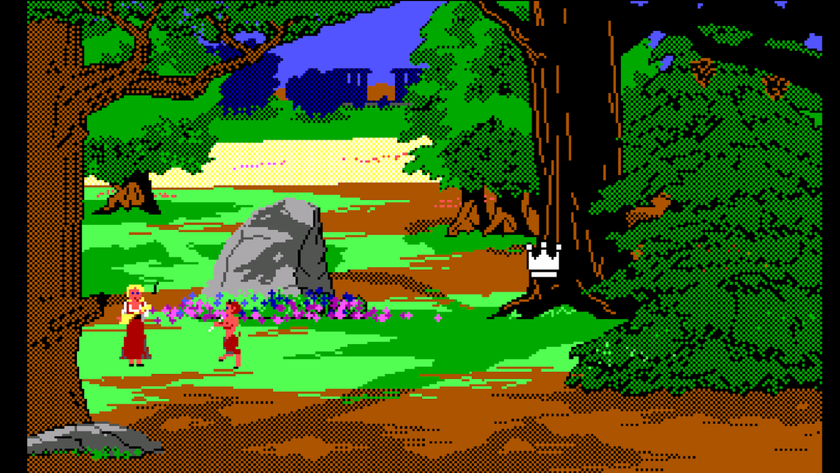
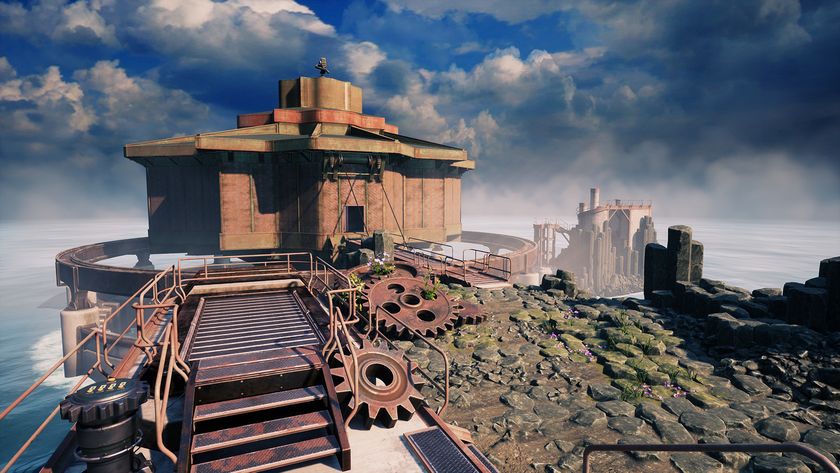
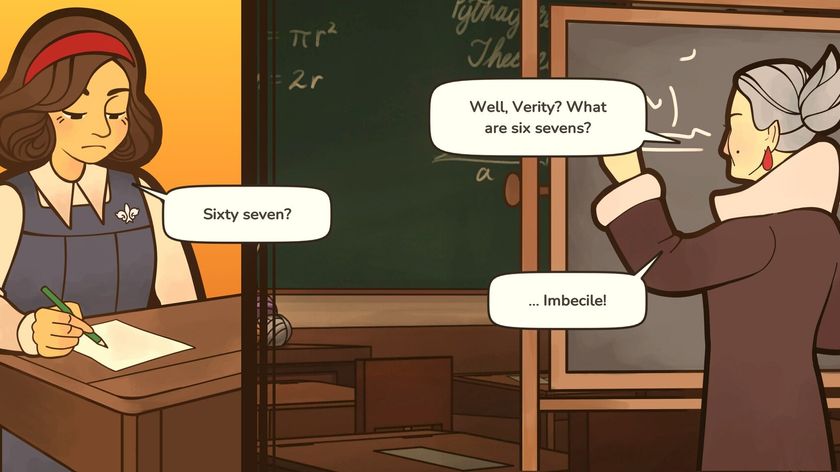
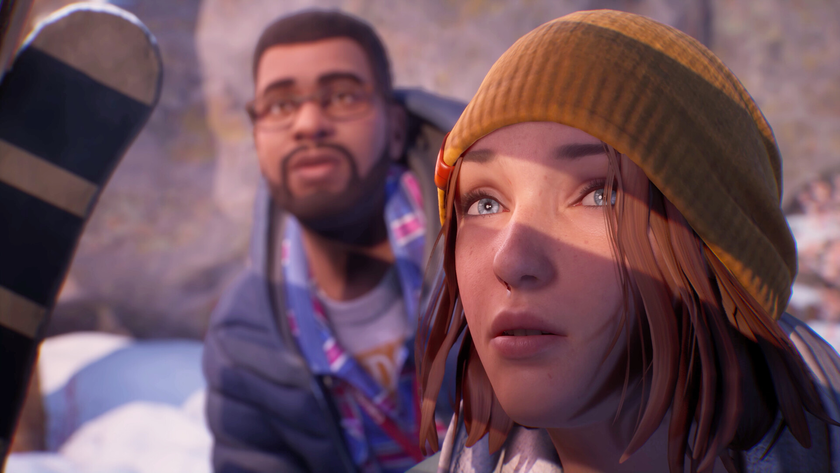
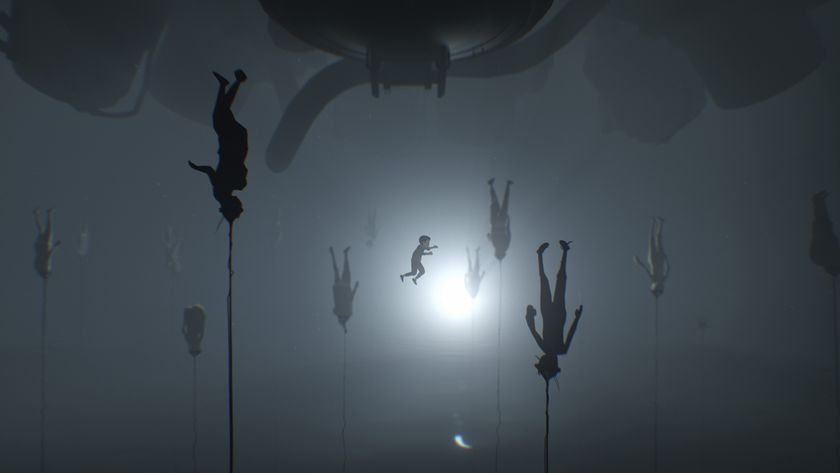
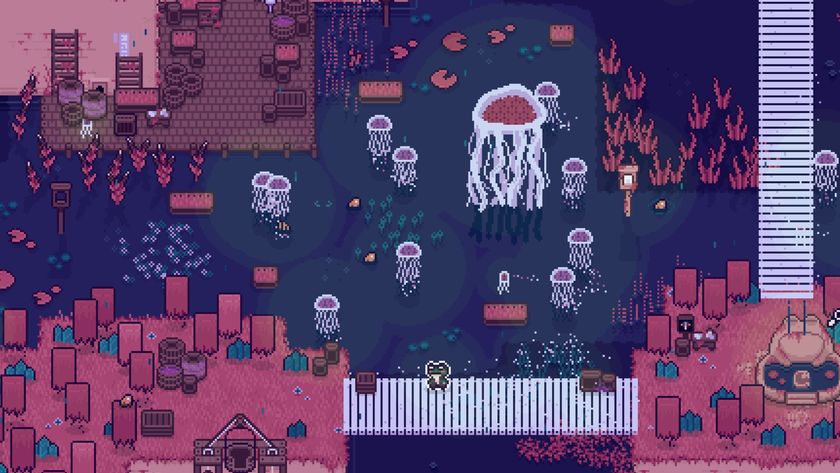
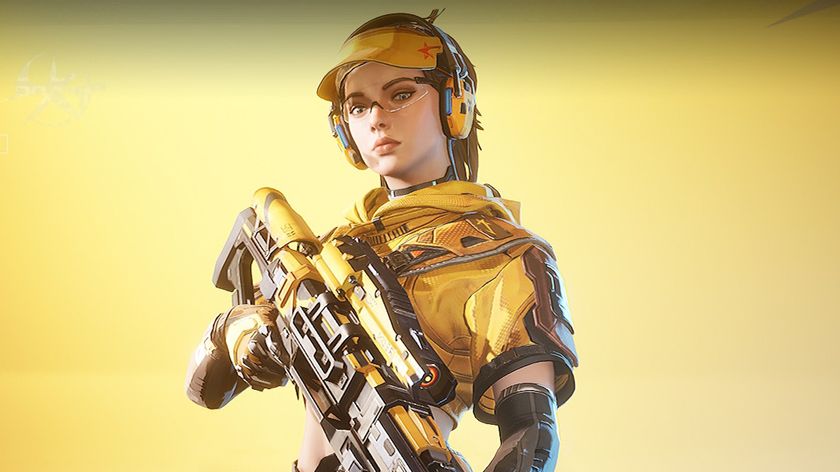


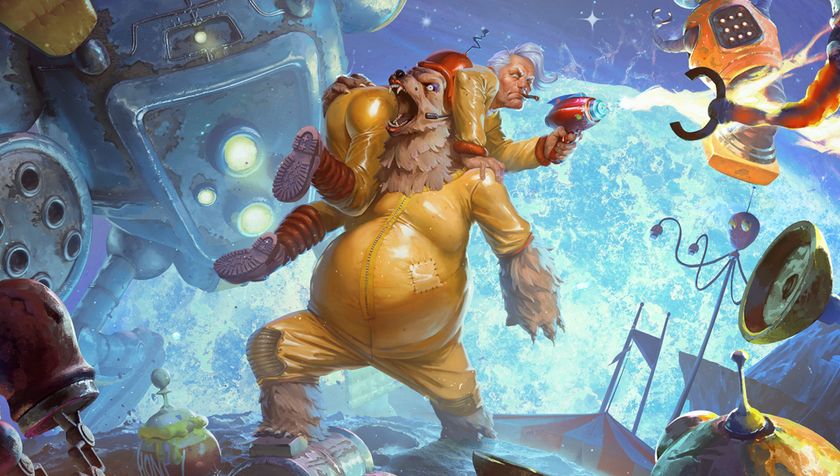
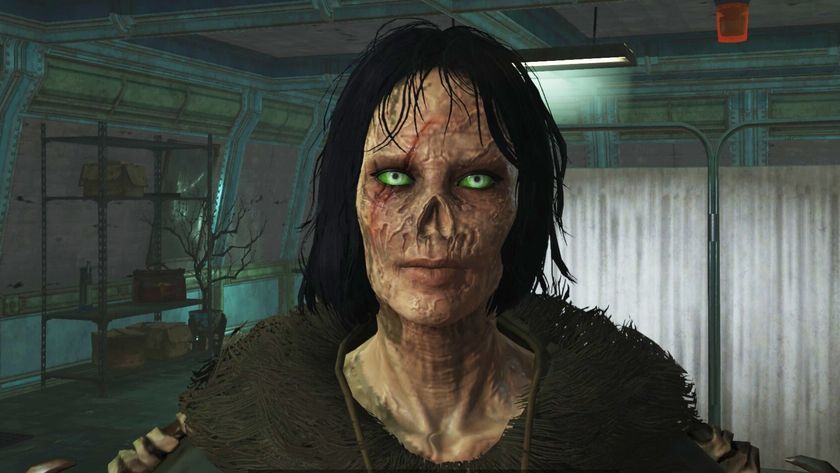

Eagle-eyed streamer spots that Roberta Williams' portrait in King's Quest 4 is based on her author photo on the back of the game box: 'I never noticed it before.'

'You’ve been asking, and we’ve been listening': Myst remake adds a whole new world to the classic adventure, one originally introduced in another overhaul from 25 years ago
